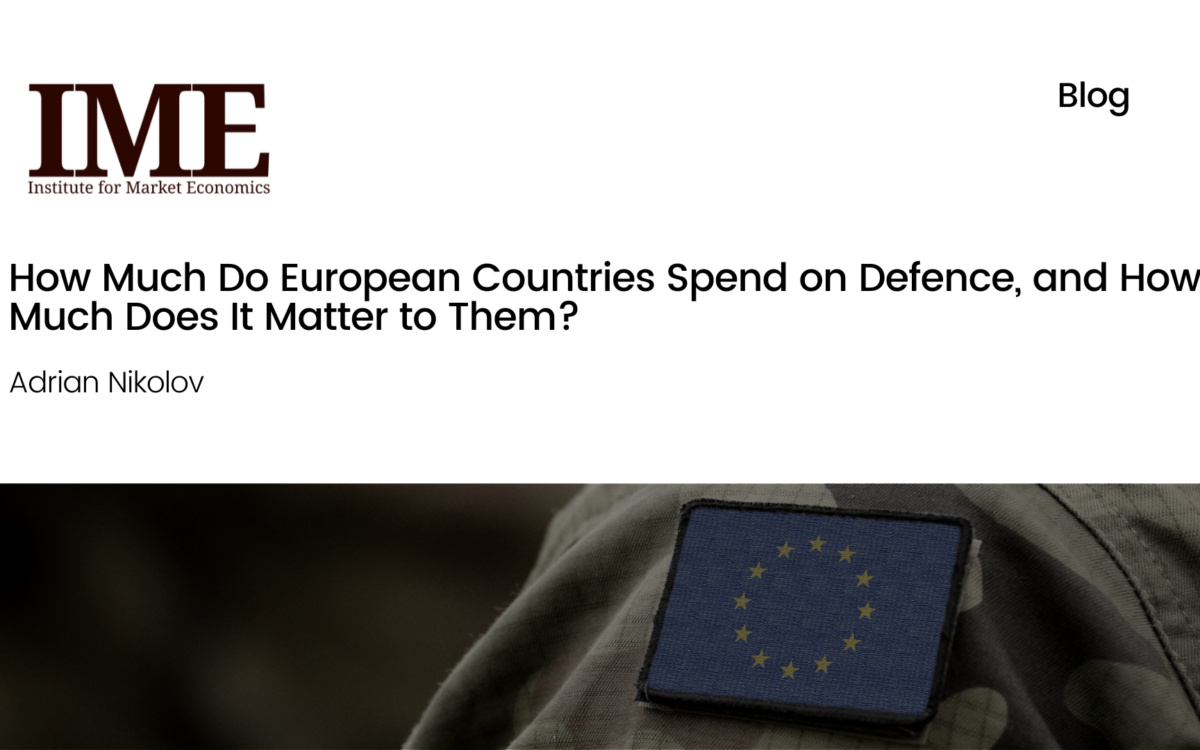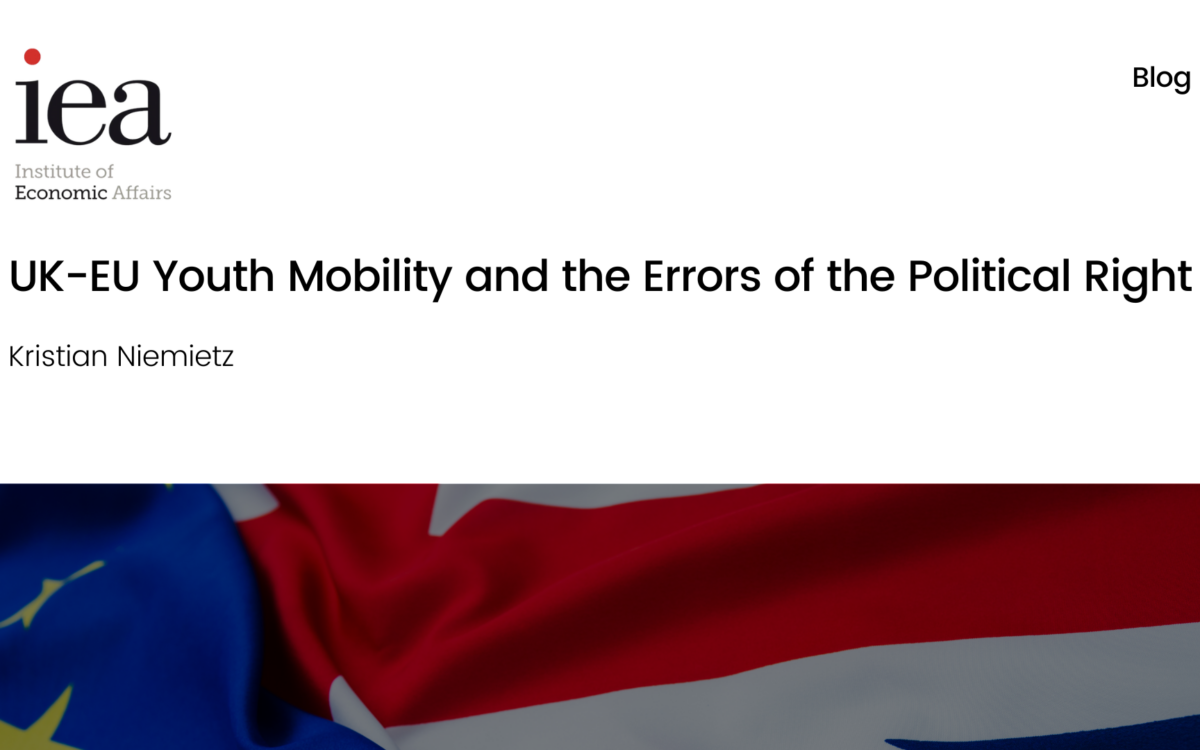Le Pen’s Plan for France’s Euro Exit

Le Pen’s Plan for France’s Euro Exit
Adithi Shenava // 18 April 2017
“As Victor Hugo once proclaimed, we have not yet done with being French”, declared Marine le Pen, launching her presidential campaign in Lyon on 4th February. Throughout her campaign, Le Pen has portrayed herself as the sole defender and embodiment of ‘Frenchness’: a culture which according to her has come under attack from dangerous forces. One important force being Europe, particularly the European Union. To overcome this antagonist, Le Pen seeks to lead France out of the Eurozone.
During the first televised debate, on the 20th March, Le Pen presented a graph illustrating, according to her, the detrimental consequences of the Euro on French industrial production. The graph shows the evolution of industrial production in four major European countries, from the mid-1970s to the present. Le Pen is quick to blame the decline in French industrial production, as well as German progress, on the introduction of the single currency in 2001: ‘Vous crovez pas qu’il y a quand même un lien de cause à effet entre l’Euro et ces courbes-là? Moi je le crois.’ To draw such a conclusion from this graph is somewhat misleading. The graph below is by no means erroneous or false, but it has clearly been manipulated to support her position.
Firstly, the choice of using 2001 as base year means the graph isn’t directly showing the production levels of the countries themselves. Instead, it compares the respective dynamics of each country, given that a common reference point in 2001 has been arbitrarily fixed. Therefore, it is misleading to think that Germany was less productive than France in absolute terms before the introduction of the Single Currency, which officially occurred on 1st January 1999. On the contrary, as the German curve starts at a lower threshold than France before reaching the base 100 in 2001, it demonstrates that German industrial production has, in proportion, increased more than that of France in the years preceding the Euro, implying other factors may have played a greater role in precipitating Germany’s industrial success. Even the fact that Le Pen has chosen the base year as 2001 and has truncated the graph at 55, has led to the curve variations appearing deceptively more spectacular, exacerbating the idea that the introduction of the Euro is the ‘turning point’ in the industrial story of France.
Le Monde, a French leading newspaper, presents the same data, as shown above, but with 2010 as the base year, in which the curves don’t conveniently intersect around 2002. Nonetheless, both graphs do show Germany and France’s industrial production levels diverging in the early 2000s, however the causation is disputed. One explanation is the contrast between German industrial dynamism and French industrial complacency. Le Monde traces Germany’s competitiveness to Gerhard Schroder’s labour market and welfare reforms for example, notably the policy of wage moderation. Whereas, France has clung to its 35-hour working week, with only a third of their companies investing in R&D, and has seen the minimum wage creep up by 17% between 2002 and 2005; damaging its competitiveness. Le Pen responded to Le Monde on her blog, insisting that even their own revised graph supports her conclusion in relation to the Euro effect as the average annual growth from 1974 to 2001 was 1.2 % for France compared with 1.4 % in Germany. However, from 2001 to 2007, it is 0% for France and 3% per year for Germany. Whilst neither side can be conclusive about which factors played the greatest role in France’s industrial weakness, it is important to recognise Le Pen’s use of graphic manipulation. This raises the concern that voters in France could be swayed to vote one way or the other by being fed deceptive information.
During the second televised debate, broadcasted on 4th April, Le Pen was pushed for more clarity about what she envisages for France’s currency situation outside the Euro. Despite her continued ambiguity, it is evident she hopes to convince the rest of the Eurozone to replace the Euro with a basket of national currencies, comparable to the European Currency Unit, which preceded the Euro. Under this mechanism, the so-called snake in the tunnel, member states’ currencies could fluctuate within narrow limits against a certain currency and central banks could buy and sell European currencies, provided they remain within the fluctuation margin of 2.25%. If the other Eurozone countries reject her proposal, the Franc will apparently be re-launched, but the exchange rate will be managed against the Euro. Meanwhile, the French government will take back control of the Bank of France in order to print money to repay its debtors and to pay for increased welfare and industrial investment. Le Pen’s plan, to put simply, is absurd.
First and foremost, recreating the Exchange Rate Mechanism, the precursor for the Euro, would be irrational, considering it was exposed as failure in the 1980s and 1990s, with both the UK and Italy ultimately crashing out of it. Therefore, if it didn’t work then, there is no reason it would fare better now, as the same underlying economic asymmetry between the various European economies still exists. Secondly, if the Franc is re-launched and managed, it wouldn’t take long for it to plunge in value. Not only would the expectation of a devaluation concur in a currency run, but instead of boosting French competiveness, a devaluation is likely to raise import prices. On top of this, the higher inflation would offset any positive effects of the devaluation, worsening France’s export performance. Finally, the notion that the Bank of France should start printing money alongside the introduction of the new Franc would limit confidence even further in the capital markets, since it is likely to promote inefficiency and less reform. This would be the opposite of what the French economy needs, as discussed by previous EPICENTER research.
Aside from these economic ramifications, Le Pen’s promise to ‘return to monetary sovereignty is incompatible with her current plan. As the Mundell-Fleming trilemma explains, a country must choose between free capital mobility, exchange-rate management and monetary sovereignty. Only two of the three are possible. If Le Pen decided to mirror the European Currency Unit, or even if she managed the new Franc by pegging it against the Euro, she would be unable to attain monetary autonomy without sacrificing her currency peg or free capital mobility. To understand why the three are incompatible, imagine a new Franc that pegs its exchange rate against the Euro and is open to foreign capital. If to bring down inflation the Bank of France sets interest rates above those set by the ECB, this would attract foreign capital in search of higher returns, which would in turn put upward pressure on the local currency. Eventually the peg with the Euro would break. Equally, if interest rates are cut below the ECB’s rate, the exchange rate would fall as capital left to seek higher returns in the Eurozone. Therefore, the patriotic Front National supporters are likely to be disappointed once they realise Le Pen’s promise of monetary sovereignty is just another deception.
The first round of voting to choose Hollande’s successor will take place on 23rd April, followed by a second round on 7th May. Polls forecast Le Pen to win the first round, but lose in the run off to a more mainstream candidate, predicted to be Emmanuel Macron. Nonetheless, faith in polls is wavering following the surprise votes for Trump and Brexit, making the prospect of a Le Pen presidency at least possible. Whoever wins, this election will be a defining moment not only for France, but for the rest of Europe and the future of the Eurozone. For a country that has already been through three currencies since the end of the Second World War (the Franc, De Gaulle’s new Franc of 1960 and the Euro), a case for Euro exit may not be unthinkable, but Le Pen’s plan for doing so definitely is. Her vision for a new French currency system has already been riddled with deception, proven by her manipulated graph and her empty promise of monetary sovereignty, raising doubt on whether French voters really do know what they are voting for this Sunday.
EPICENTER publications and contributions from our member think tanks are designed to promote the discussion of economic issues and the role of markets in solving economic and social problems. As with all EPICENTER publications, the views expressed here are those of the author and not EPICENTER or its member think tanks (which have no corporate view).





